Epsoma Plant-tone fertilizer in containers. Potential bad odors?
peterk312
11 years ago
Featured Answer
Sort by:Oldest
Comments (10)
Kimmsr
11 years agoTheMasterGardener1
11 years agoRelated Professionals
Essex Landscape Architects & Landscape Designers · Port Royal Landscape Architects & Landscape Designers · Middletown Landscape Contractors · Eustis Landscape Contractors · Franklin Landscape Contractors · Hilo Landscape Contractors · Mendota Heights Landscape Contractors · Sammamish Landscape Contractors · Santa Maria Landscape Contractors · Secaucus Landscape Contractors · Siloam Springs Landscape Contractors · Asheville Decks, Patios & Outdoor Enclosures · Dearborn Decks, Patios & Outdoor Enclosures · South Miami Heights Decks, Patios & Outdoor Enclosures · Santa Monica Decks, Patios & Outdoor Enclosurespeterk312
11 years agogardengal48 (PNW Z8/9)
11 years agopeterk312
11 years agoTheMasterGardener1
11 years agopeterk312
11 years agoRaw_Nature
11 years agogardengal48 (PNW Z8/9)
11 years ago
Related Stories
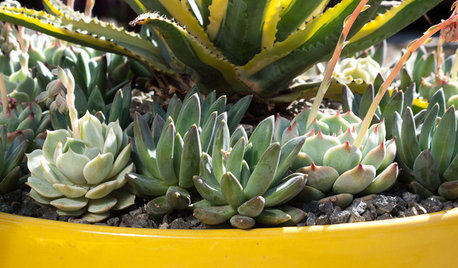
CONTAINER GARDENS3 Steps to Creating Quick, Easy and Colorful Succulent Containers
Take a bright container, add a colorful succulent or two and have a professional, summery design in minutes
Full Story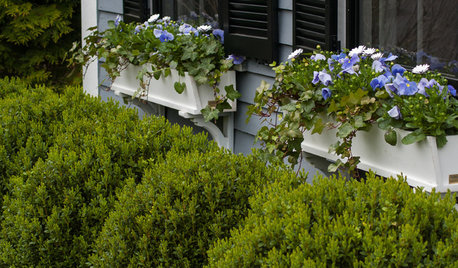
GARDENING GUIDESMake Sure You Read This Before Buying New Plants
Follow these 10 plant-selection tips to avoid buyer’s remorse
Full Story
GARDENING GUIDESThe Poop Scoop: Enrich Your Soil With Good Old Manure
Get over the ick factor already — this natural super-ingredient for soil has so many benefits, you'll wonder why you ever went chemical
Full Story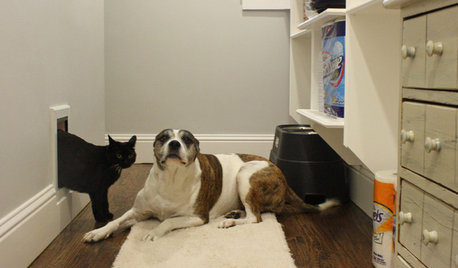
PETSPet-Proofing Your Home: A Room-by-Room Guide
Not all pet dangers are obvious. Keep furry friends safe and sound by handling all of these potential hazards
Full Story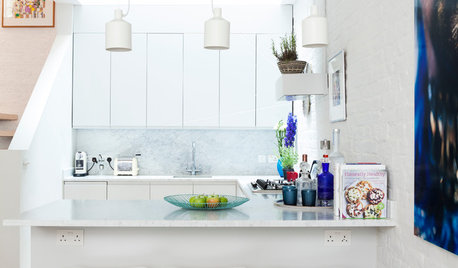
SELLING YOUR HOUSE10 Ways to Dazzle Homebuyers This Spring
Planning to sell your home in the coming months? Improve your chances by making your house attractive to potential buyers
Full Story
PETS6 Ways to Help Your Dog and Landscape Play Nicely Together
Keep your prized plantings intact and your dog happy too, with this wisdom from an expert gardener and dog guardian
Full Story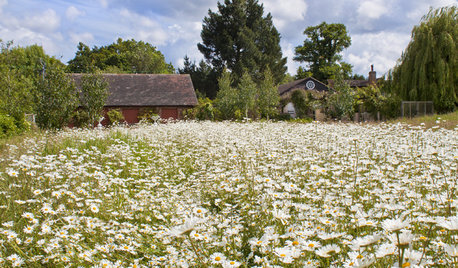
GARDENING GUIDESHouzz Call: What’s Your Favorite Backyard Beauty?
The simple, honest daisy is this writer’s go-to garden flower. We want to hear which plant, flowering or otherwise, gives you special joy
Full Story
EARTH DAYGrow a Beautiful Garden With Ecofriendly Greywater
Reducing home water waste means lower bills and a healthier planet. Here's how to set up a greywater home irrigation system that can help
Full Story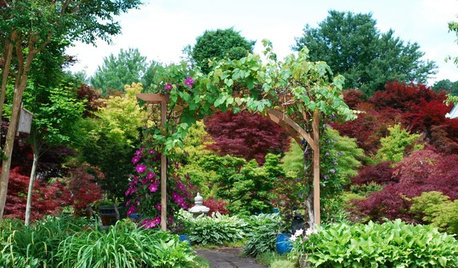
GARDENING GUIDES12 Japanese Maples for a Sunny Garden
The right maple in the right place shines in hot summer sun
Full Story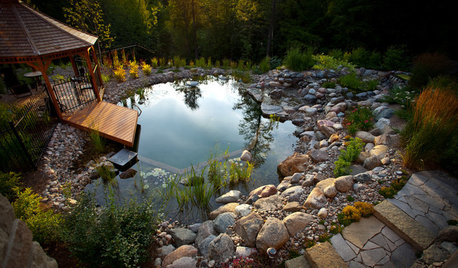
LANDSCAPE DESIGNNatural Swimming Pools: More Beauty, No Chemicals
Keep your skin and the environment healthy with a pool that cleans itself, naturally
Full StoryMore Discussions







Raw_Nature